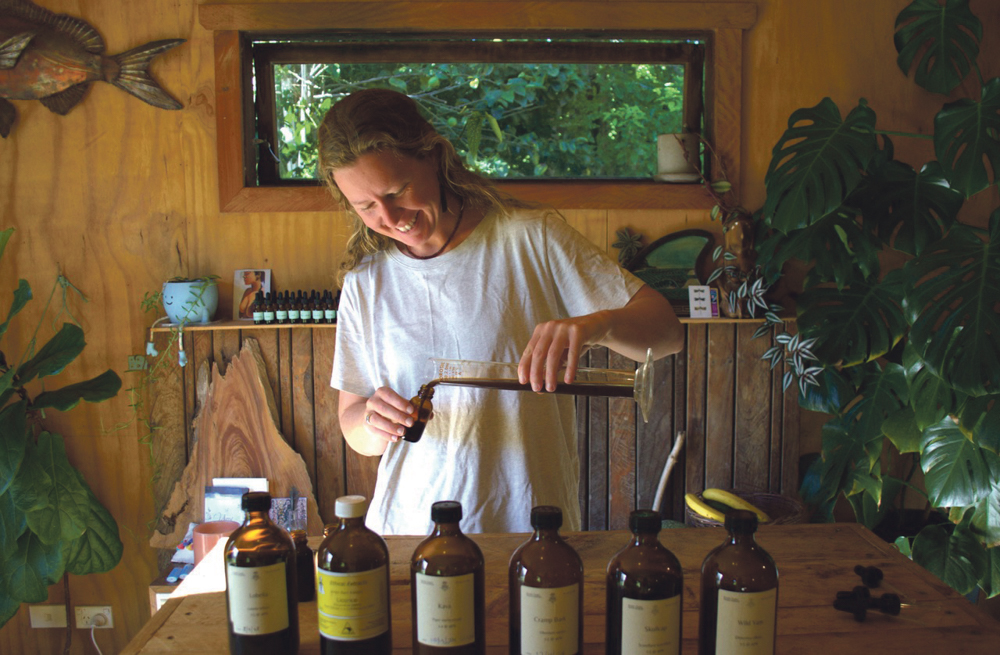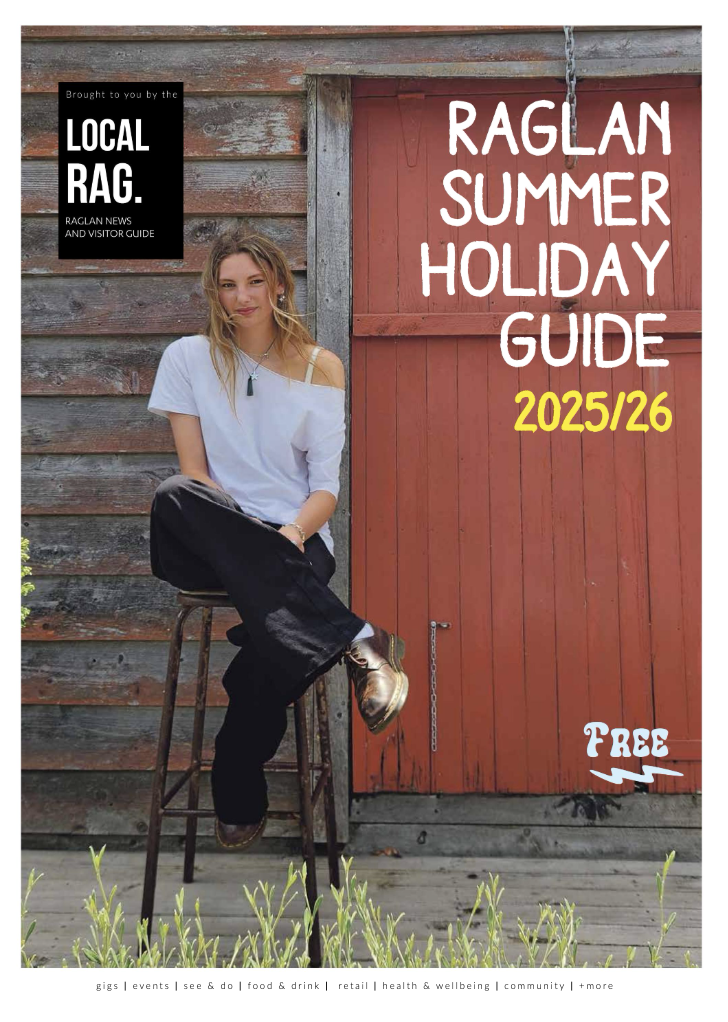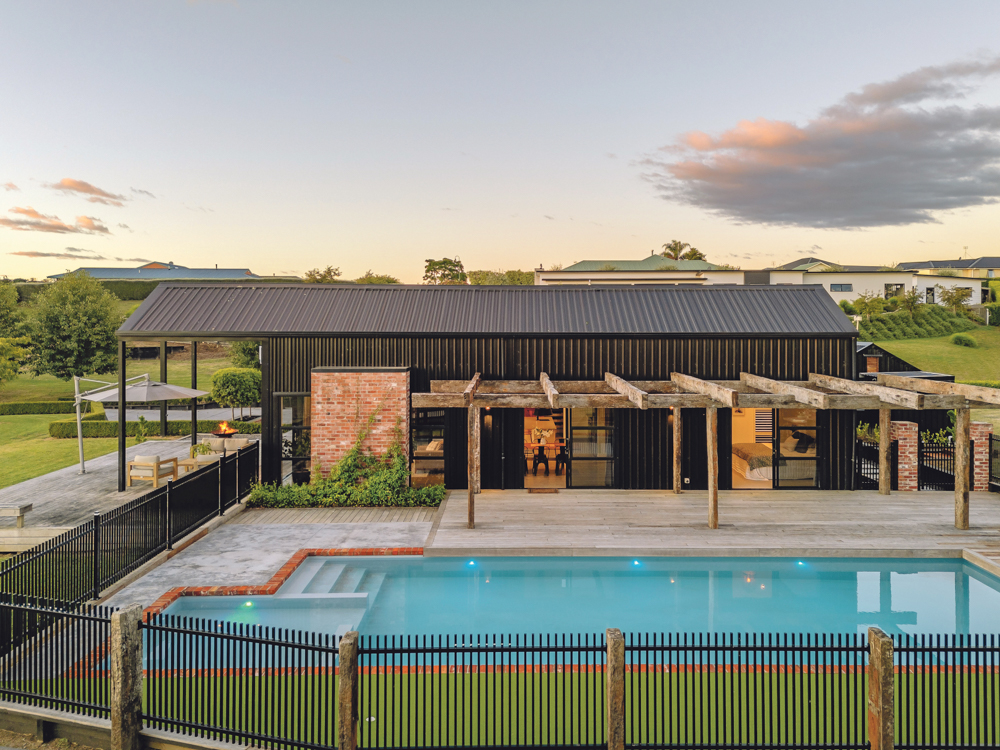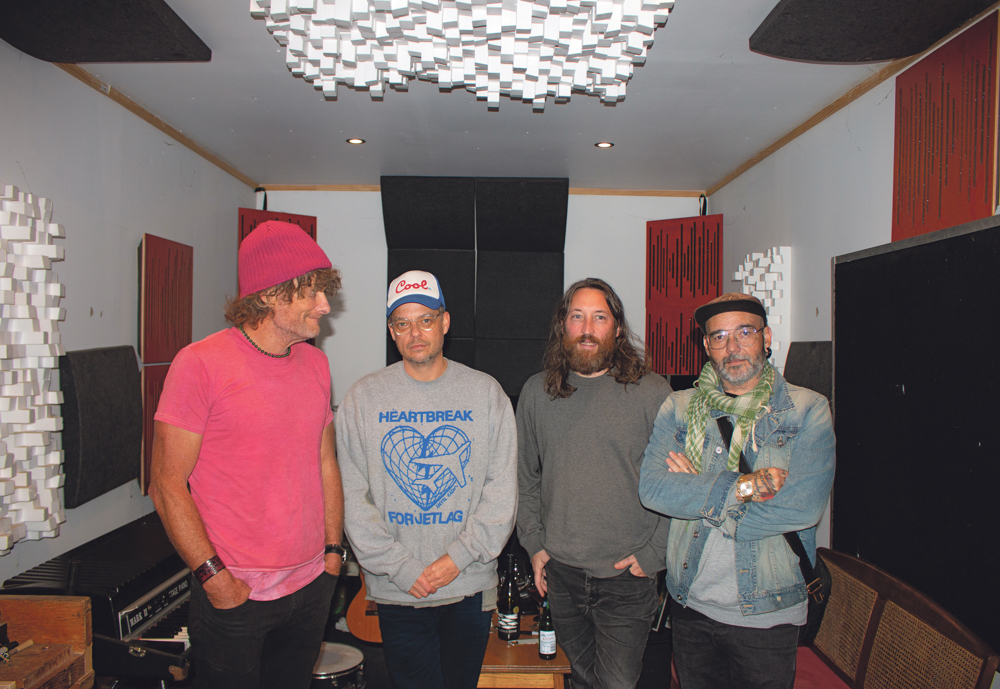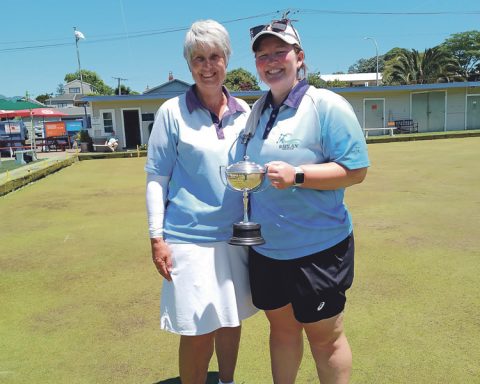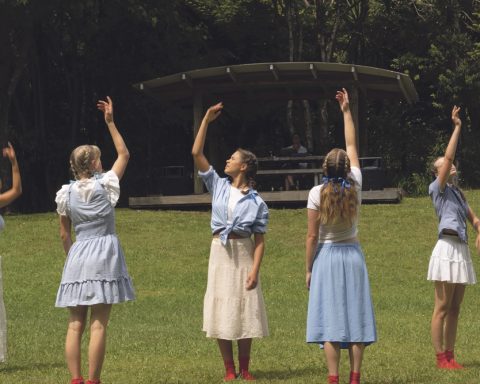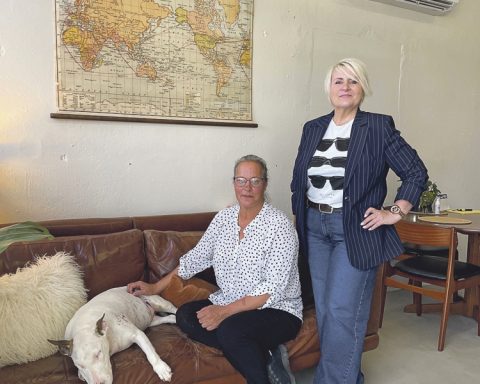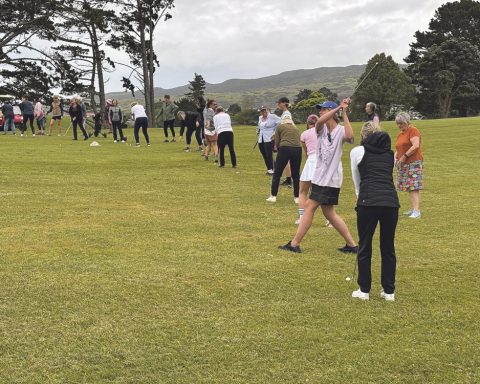It was on a Sunday morning that we visited Brooke at her house, where she runs her herbal practice.
Jars of dried plants, tinctures steeping on shelves, and bunches of herbs hanging to dry filled up the place, making us feel like we’d walked into a modern apothecary.
As a medical herbalist, Brooke works with the healing properties of plants to support long-term well-being.
“The heart of the practice of herbal medicine is the understanding that we humans, like all living things, have an in-built, natural intelligence that knows how to self-repair from injury or illness,” Brooke says. “In all traditions of herbal medicine, the primary goal is to remove or reduce whatever is blocking the self-repairing intelligence, whilst at the same time using herbs, foods, supplements, etc to help the body do its job. It’s a very approachable kind of medicine.”
A Different Path to Medicine
Brooke began her career in marine science. She spent time on a research trip in the Solomon Islands, where she describes swimming with sharks and visiting remote villages. But the lasting impact came from her time with children, which led her to pursue teaching, including running a homeschool group in Raglan.
It was during that period that her interest in plant medicine took hold. She found herself spending every spare moment learning, foraging, and making remedies—drawn so strongly to the work that she describes it as “the reason for my existence.”
What Is Herbal Medicine?
At its core, herbal medicine involves the use of plant-based remedies—leaves, flowers, roots, bark, and seeds—to support healing. It’s one of the oldest systems of medicine in the world, found across cultures globally.
“I think it is such an essential practice to have alongside modern medicine if and when people are ready to use it,” she says. “When you start to treat the cause of illness and disease, our bodies start to heal.”
“It’s so rewarding seeing someone just two or three times, and they have a spark back in their eyes and vitality in their pulse. I couldn’t think of a better thing to help restore health and well-being in communities.”
Sharing Knowledge, Building Confidence
This winter, Brooke is running a cold and flu care workshop aimed at helping families respond to illness with calm and capability.
“My intention for this workshop is to share the knowledge I have gained with local families so that they feel confident to work alongside scary things like infections and fevers. These two things in particular can be very intimidating.”
“We will also talk a bit about the immune system and how to know whether it is thriving and capable of fighting the battle, or when it needs some extra help. I am hoping for it to be a rather collaborative workshop where everyone feels like they can share thoughts, questions, and stories.”
She will have key cold and flu remedies available for purchase, along with a take-home herbal first aid kit that includes clear instructions, dosages, and plant folklore. This workshop is part of a wider series, with future sessions planned on topics like eczema, asthma, and digestion.
Everyday Herbs with Real Benefits
Brooke encourages anyone interested in herbalism to start small.
“I would strongly encourage anyone who wants to start using herbal medicine to start taking individual herbs and see for themselves how it makes them feel. Experiential learning is the greatest way to get to know the plants, and then it becomes your own.”
“Make a cup of tea or get your hands on a small amount of tincture. Reach out if this speaks to you, and we can talk further.”
“My tip would be to make sure you can get your hands on good quality medicines and that the dose is strong enough and safe enough for you to get the intended results. There are a lot of herbal products out there that either aren’t good enough quality to be effective, or they have kept the dose range on the lower end for safety.”
“Remember not to expect the herbs to act like drugs. The herbs are such great allies in times of need, but you cannot cure disease alone with herbs. It is essential to treat holistically and look for the obstacles that are preventing your body from healing itself in the first place.”
“How much can a herb help if there is a food intolerance and you continue to eat it? How much can Chamomile act as a relaxant if you aren’t ready to land?”
Grow Your Own Medicine
For the garden, Brooke recommends a range of familiar and easy-to-grow herbs.
“There are so many wonderful herbs you can grow in abundance! Your kitchen classics like sage, rosemary, thyme, and oregano have a long list of medicinal properties… too many to list. Flower-wise, you could grow Chamomile, Calendula, and Lavender.
Nettle is also prolific in the garden and can be dried and used for teas or added to soups (I would recommend growing it in a box). Dandelion leaf and root are great medicines if they haven’t been sprayed.”
“And of course, anything you grow in your garden, food-wise, is medicine! Make sure your soil is nutrient-dense, and whatever you grow will help you thrive!”
When asked for a favourite herb, she names Chamomile.
“I was humbled to get to know this herb as a medicine and not just a supermarket tea. Her uses are almost endless, being great for sleeping, wound healing, digestive issues, and anxiety, to name a few.”
Reclaiming Knowledge
For Brooke, herbalism isn’t just about treating symptoms—it’s about restoring trust in our ability to care for ourselves.
“We’ve lost a lot of basic, practical health wisdom over the last few generations,” she says. “Herbalism is a way to reclaim some of that. It’s slow, seasonal, rooted in observation and care.”
She sees it as a practice that can empower individuals, households, and communities alike.
“When we are well, our energy is focused outwards, and without trying, you can contribute more to your community and the people you care about.”
You can find out more about Brooke and her work at www.brookethodey.co.nz.
